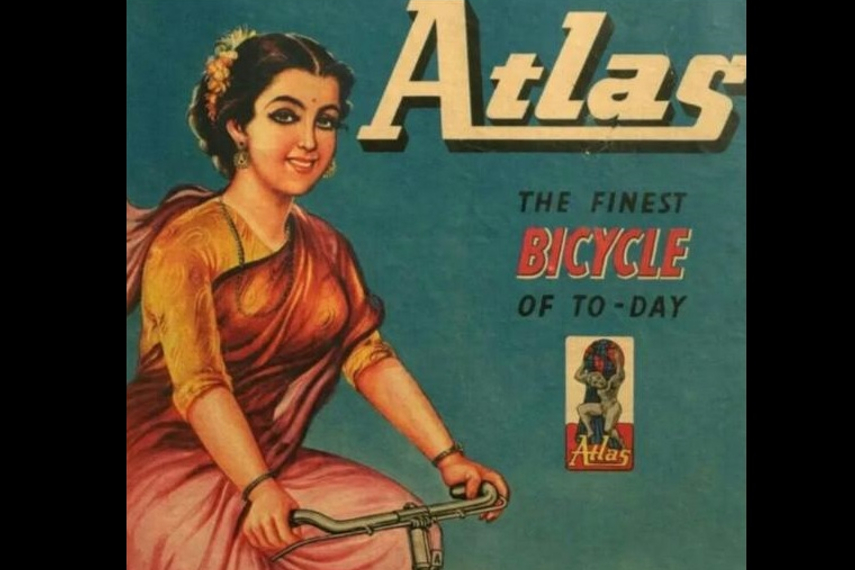
Please sign in or register
Existing users sign in here
Having trouble signing in?
Contact Customer Support at
[email protected]
or call+91 022 69047500
The author ponders about why brands die and offers solutions to keep them alive

Contact Customer Support at
[email protected]
or call+91 022 69047500
Top news, insights and analysis every weekday
Sign up for Campaign Bulletins
Is the PR industry on the cusp of widespread redundancies or is the truth a little more nuanced and complicated?
Uber Moto’s IPL stunt taps cricket's cult-like grip, rolling culture, rivalry, and chaos into a social-first, anti-hero caper.
Business leaders are turning to IT firms, AI specialists, and consultancies—not agencies—for their digital transformation needs, according to a new VML report.
As the marketing funnel continues to evolve, the brands that adapt, integrate, and invest smartly will come out as winners, says The Trade Desk managing director.